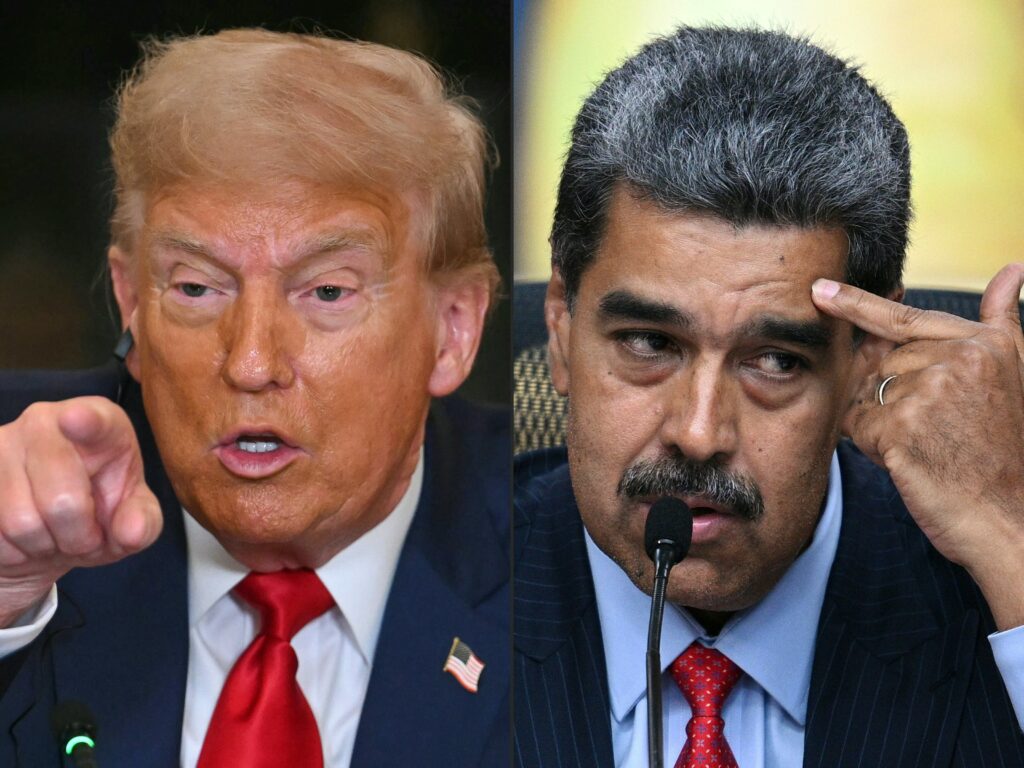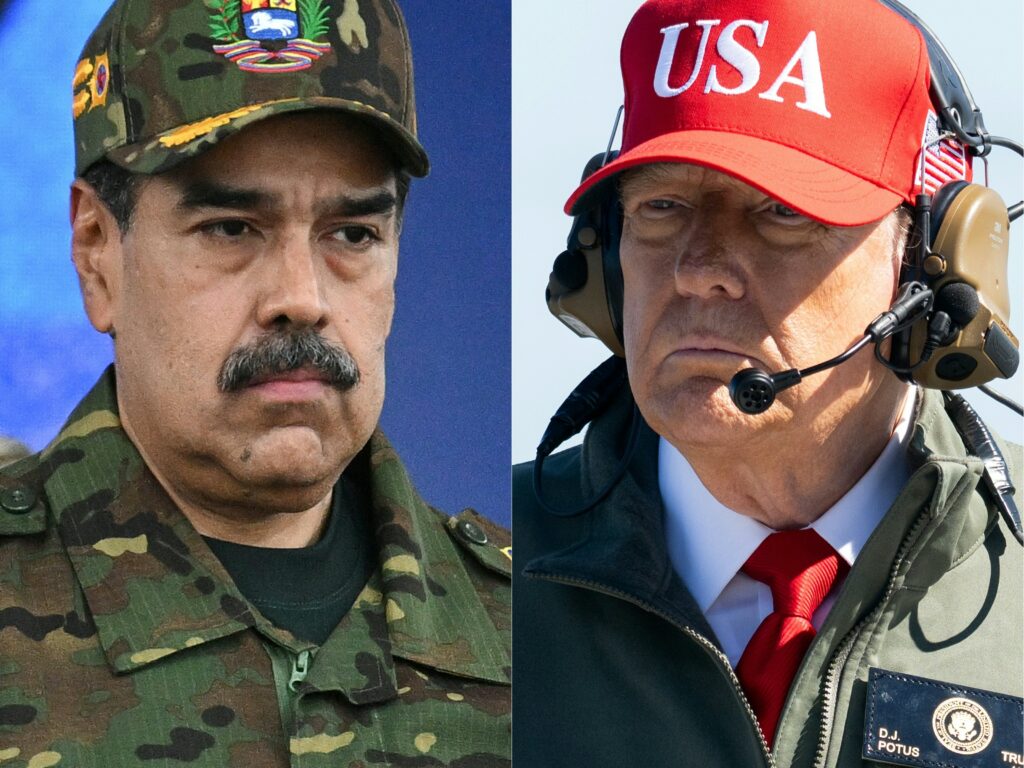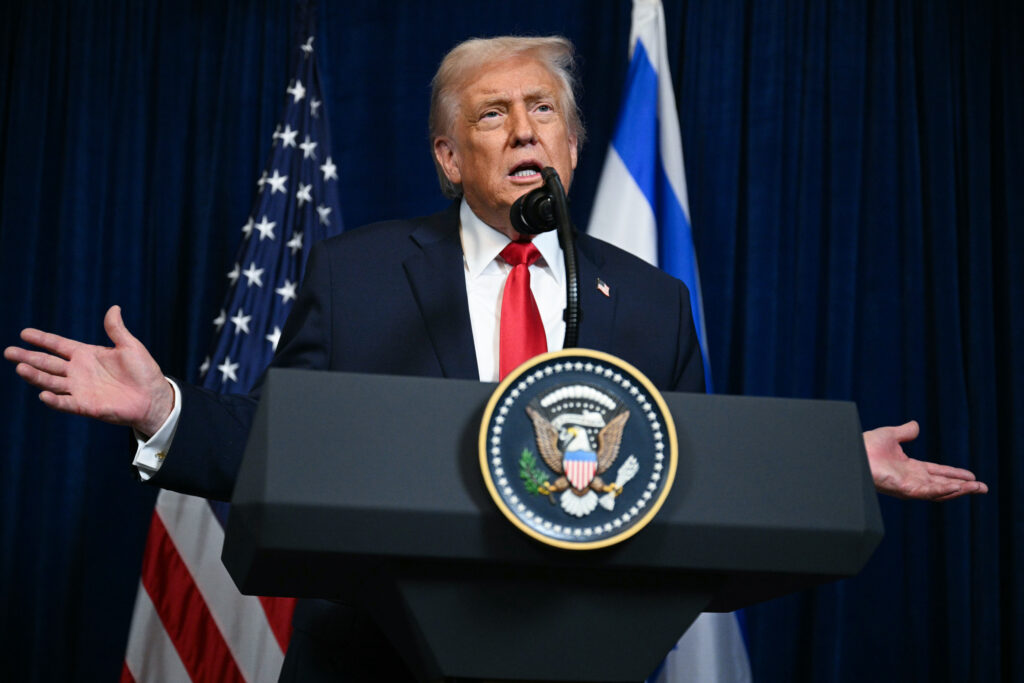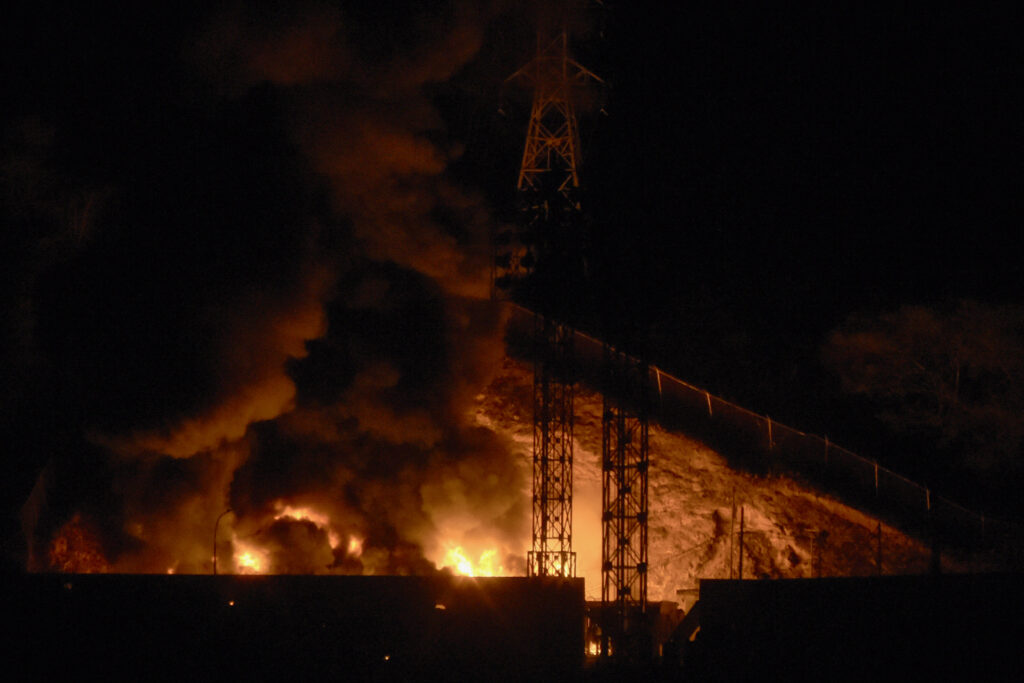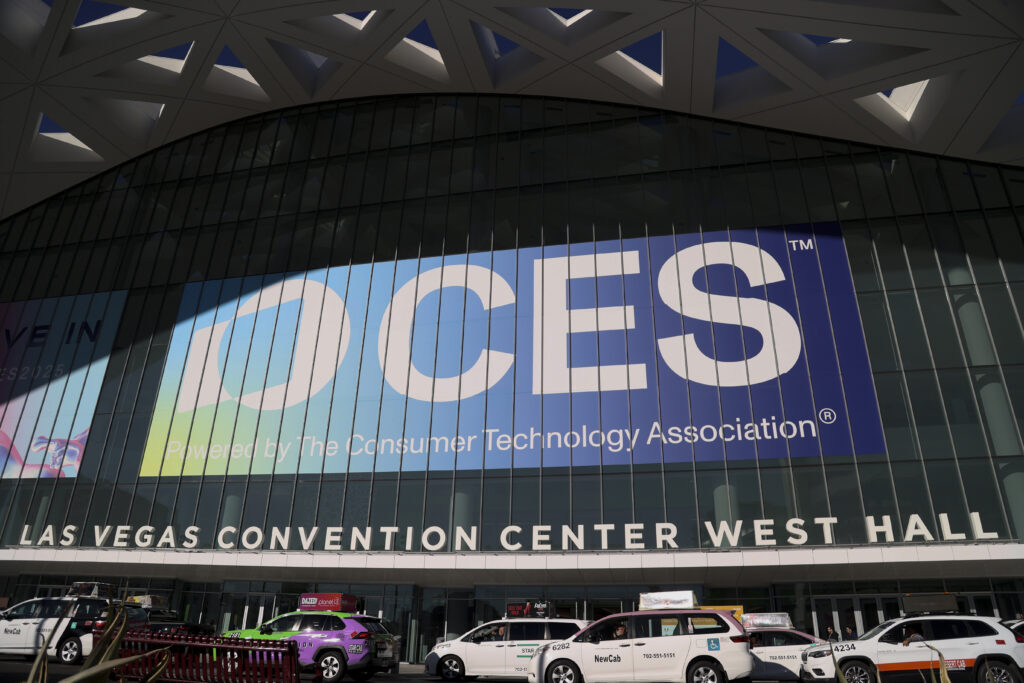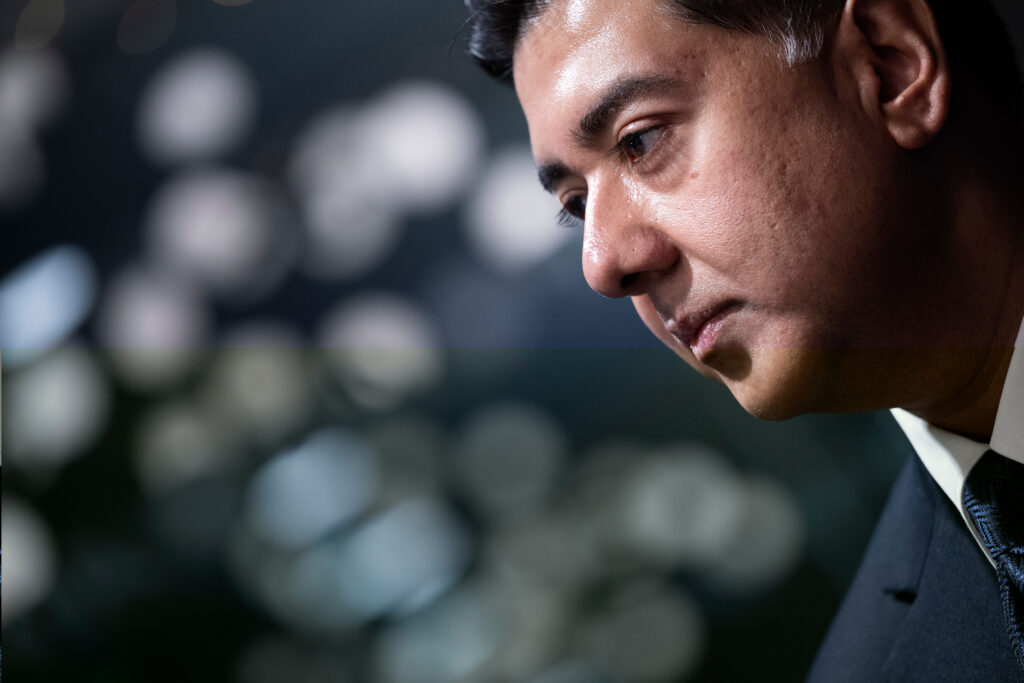‘Like a television show’: Trump revels in Maduro capture
President Donald Trump struck a triumphant note over the capture of Nicolas Maduro on Saturday, saying he had watched live as US forces seized the Venezuelan leader from a “fortress.””I’ve never seen anything like this. I was able to watch it in real time,” the 79-year-old Republican said in a telephone interview with Fox News.”I watched it, literally, like I was watching a television show. And if you would have seen the speed, the violence.”Trump said no US troops were killed in the dramatic operation, adding that the Venezuelan president and his wife had been taken to a ship and would then be sent to New York, where they face drug and terrorism charges.The US president, who is at his Mar-a-Lago residence in Florida, said he had spoken to Maduro a week ago and told him “you have to surrender.”He added that the United States would not allow anyone to take over where Maduro “left off” — while skirting around whether he backed Nobel Peace laureate Maria Machado to be the next president.Trump gave a detailed description of the operation that saw the United States launch airstrikes on Venezuela before special forces captured the leftist leader, in the climax to a months-long pressure campaign.He said that he originally gave the all clear for the operation to capture Maduro four days ago but that it was held up because of the weather, until Saturday.”It was just amazing,” Trump said. “He was in a very highly guarded… like a fortress actually. He was in a fortress.”It had steel doors, it had what they call a safety space where it’s solid steel all around. He didn’t get that space closed, he was trying to get into it, but he got bum-rushed so fast that he didn’t get into that.”We were prepared with massive blowtorches to get through the steel, but we didn’t need them.”- ‘Not going to be pushed around’ -Trump added that it was “amazing” that no US forces were killed, adding that a “couple of guys were hit, but they came back and they’re supposed to be in pretty good shape.”A US helicopter was also damaged but flown out, he added.Trump said the raid on Venezuela “sends a signal we’re not going to be pushed around as a country anymore” and warned Mexico that it too needed to crack down on drug traffickers.US officials joined in the triumphalism, while brushing off concerns about whether the operation to capture a foreign leader was legal.”You don’t get to avoid justice for drug trafficking in the United States because you live in a palace in Caracas,” Vice President JD Vance said on X.He said Trump had given the Venezuelan leader “multiple off ramps” and added that Maduro was the “newest person to find out that President Trump means what he says.”US Attorney General Pam Bondi said Maduro and his wife Cilia Flores had been indicted in the Southern District of New York on charges including “Narco-Terrorism Conspiracy,” conspiracy to import cocaine, and charges related to machineguns.”They will soon face the full wrath of American justice on American soil in American courts,” Bondi said on X.The indictment against Maduro was lodged in 2020 while the indictment against his wife was not previously known.Trump’s administration in August doubled a reward for information leading to his capture to $50 million, accusing him of leading the alleged “Cartel of the Suns” drug trafficking organization.Trump has given differing arguments for his campaign against Venezuela, including the claim that the country is a major drug exporter to the United States and that Venezuela seized US oil interests.Secretary of State Marco Rubio reposted a social media message from earlier this year in which he said Maduro was not the legitimate president of Venezuela following elections that international observers said were riddled with irregularities.The Maduro capture — along with US strikes on Nigeria on Christmas Day — also come despite Trump billing himself as a “peace president” who should win the Nobel Prize.Asked by reporters on New Year’s Eve what his resolution for 2026 was, Trump replied: “Peace on Earth.”
